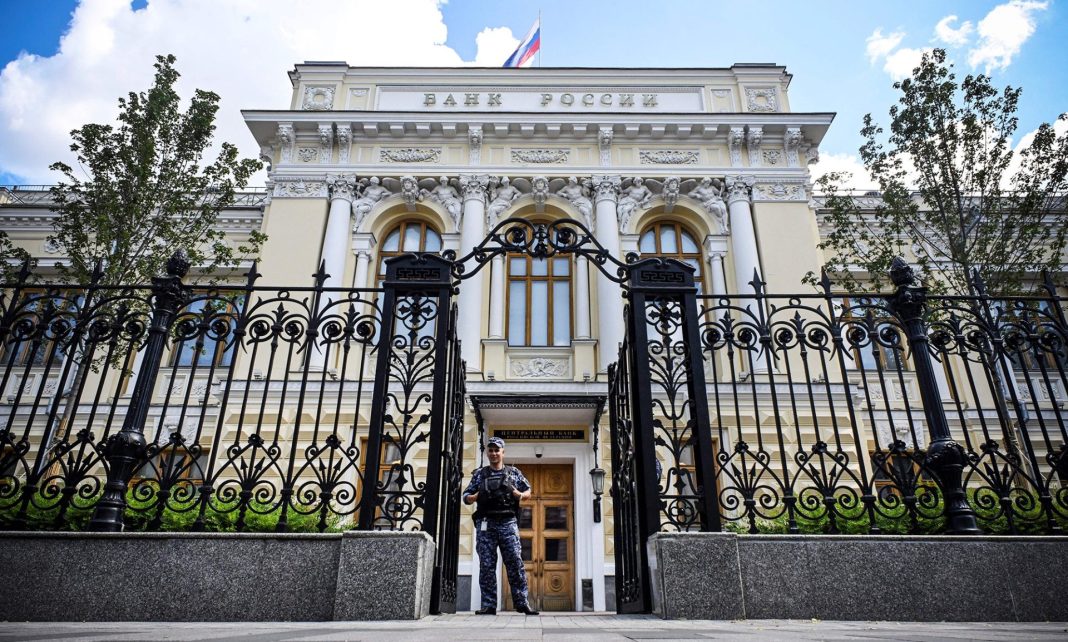According to Reuters, EU members were scheduled to discuss the sanctions on Friday evening, but the issue was “withdrawn from the meeting agenda at the last moment”.
The potential restrictions would have included a ban on the transit of Russian liquefied natural gas and a plan to crack down on the evasion of sanctions by holding EU operators liable for violations by subsidiaries and partners in third countries.
According to Deutsche Presse-Agentur, Berlin fears that German companies could be hit by proposed regulations and wants to limit the responsibility of subsidiaries to certain goods or remove it altogether.
EU members reportedly hoped to approve the sanctions before the Ukraine peace summit in Switzerland, which is planned for June 15-16. The Alpine nation is expected to host delegates from around 90 countries. However, Russia, as well as China and Saudi Arabia, will not be attending, as Moscow has argued that the West would use the event to “dictate an ultimatum”.
The EU has blacklisted more than 2,100 entities and individuals in response to Russia’s ongoing military operation in Ukraine. The US imposed a new round of restrictions this week, targeting the Moscow Stock Exchange (MOEX) and major banks, as well as the country’s IT sector.
The restrictions prompted MOEX to suspend trading in US dollars and euros on Thursday. Kremlin spokesman Dmitry Peskov stated, however, that Russia’s Central Bank was fully “capable of ensuring the stability of all markets”.
